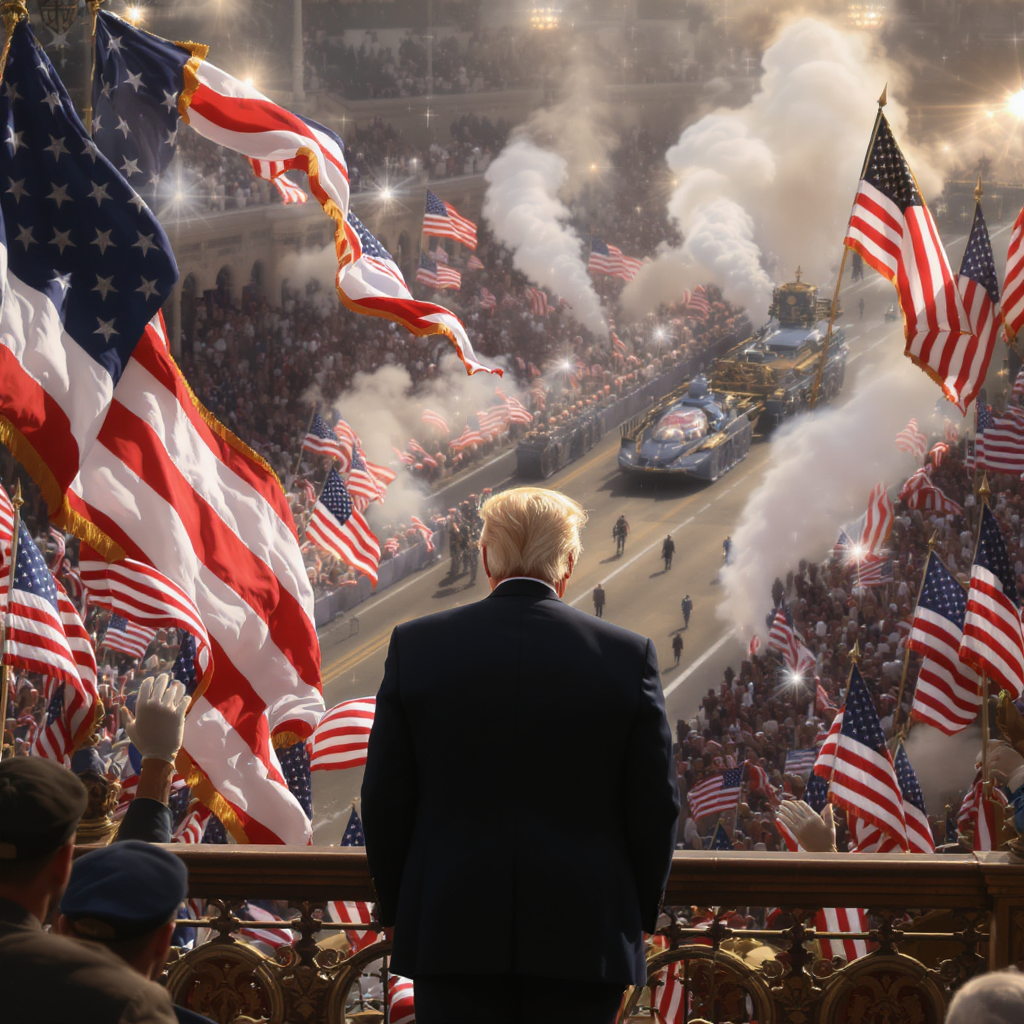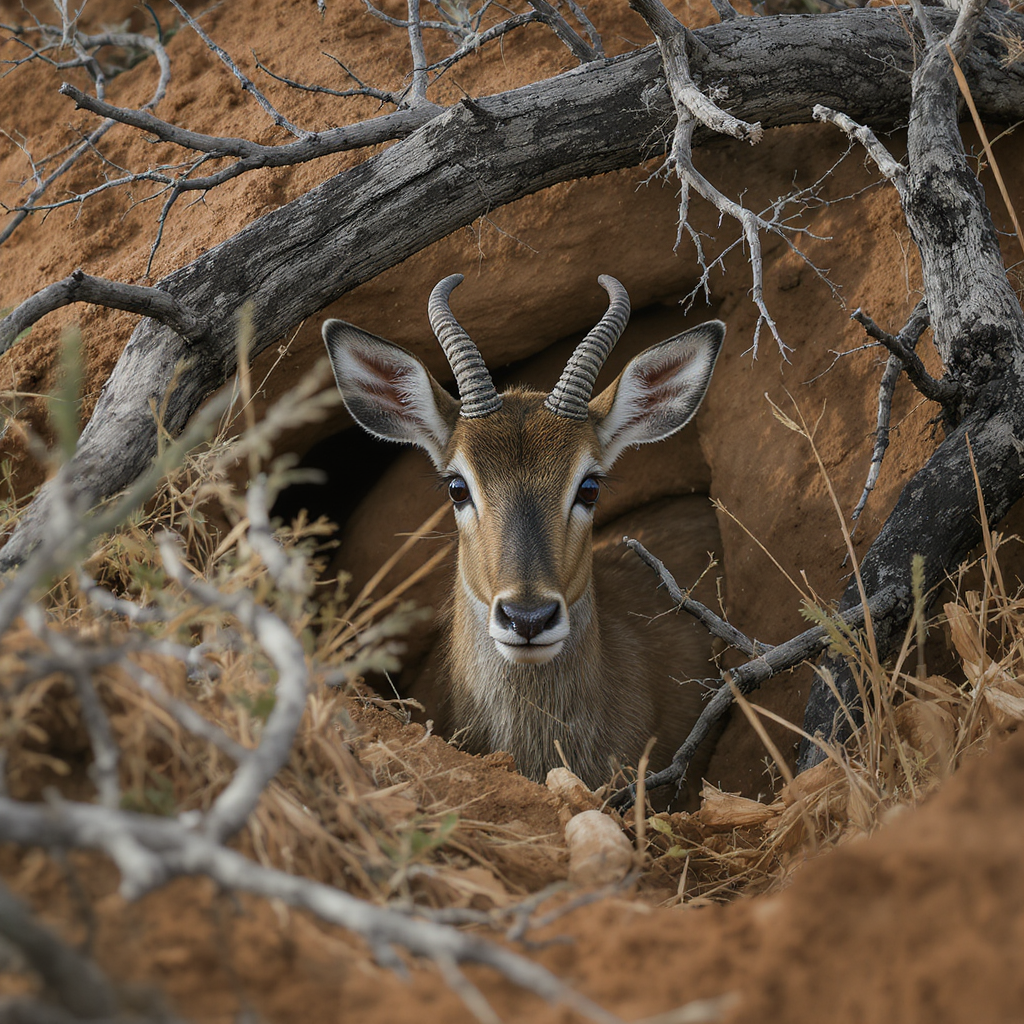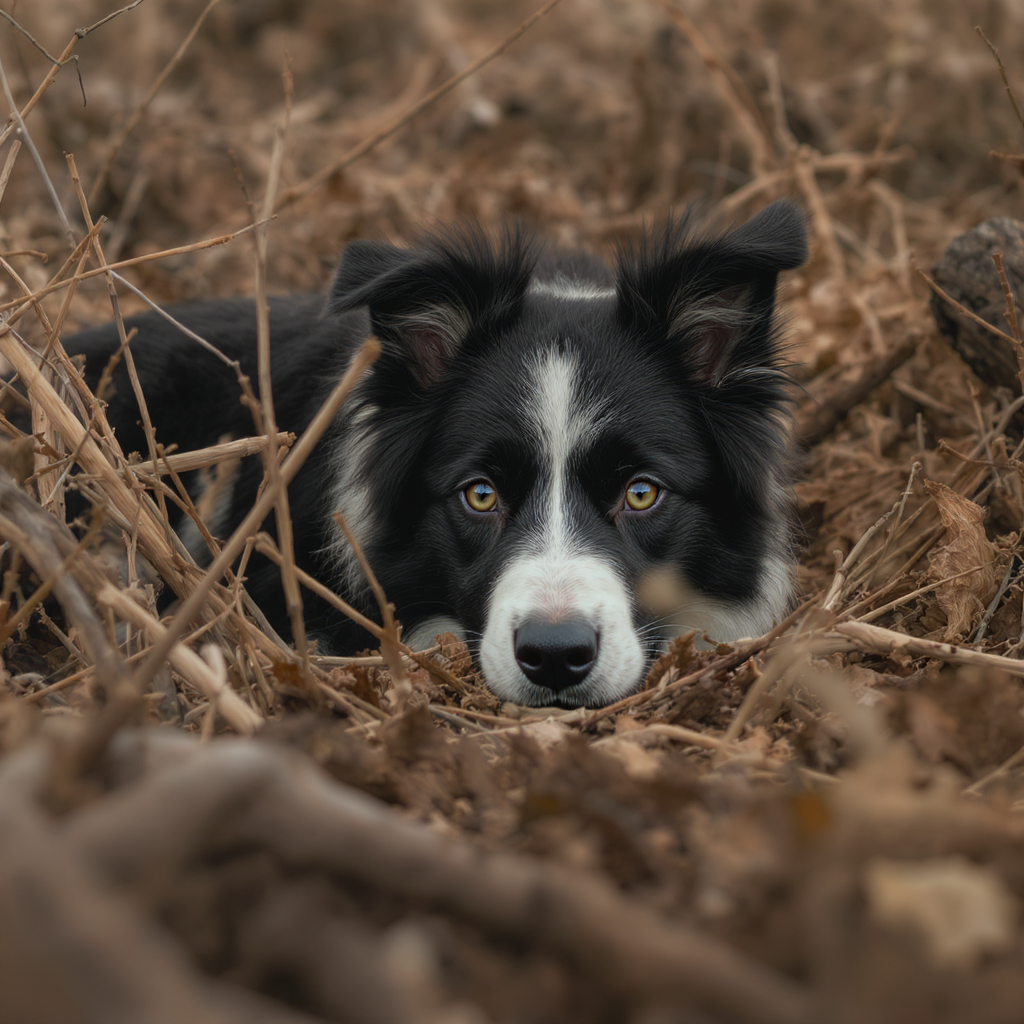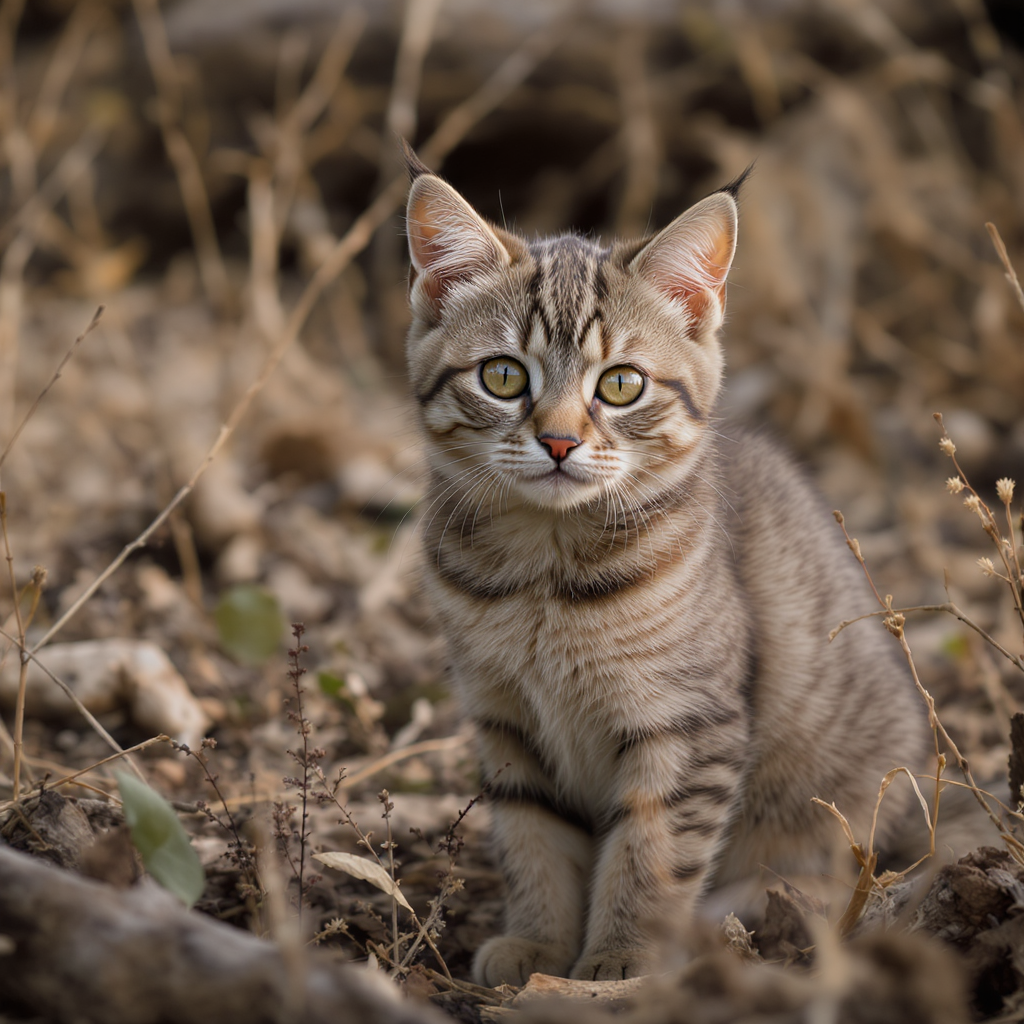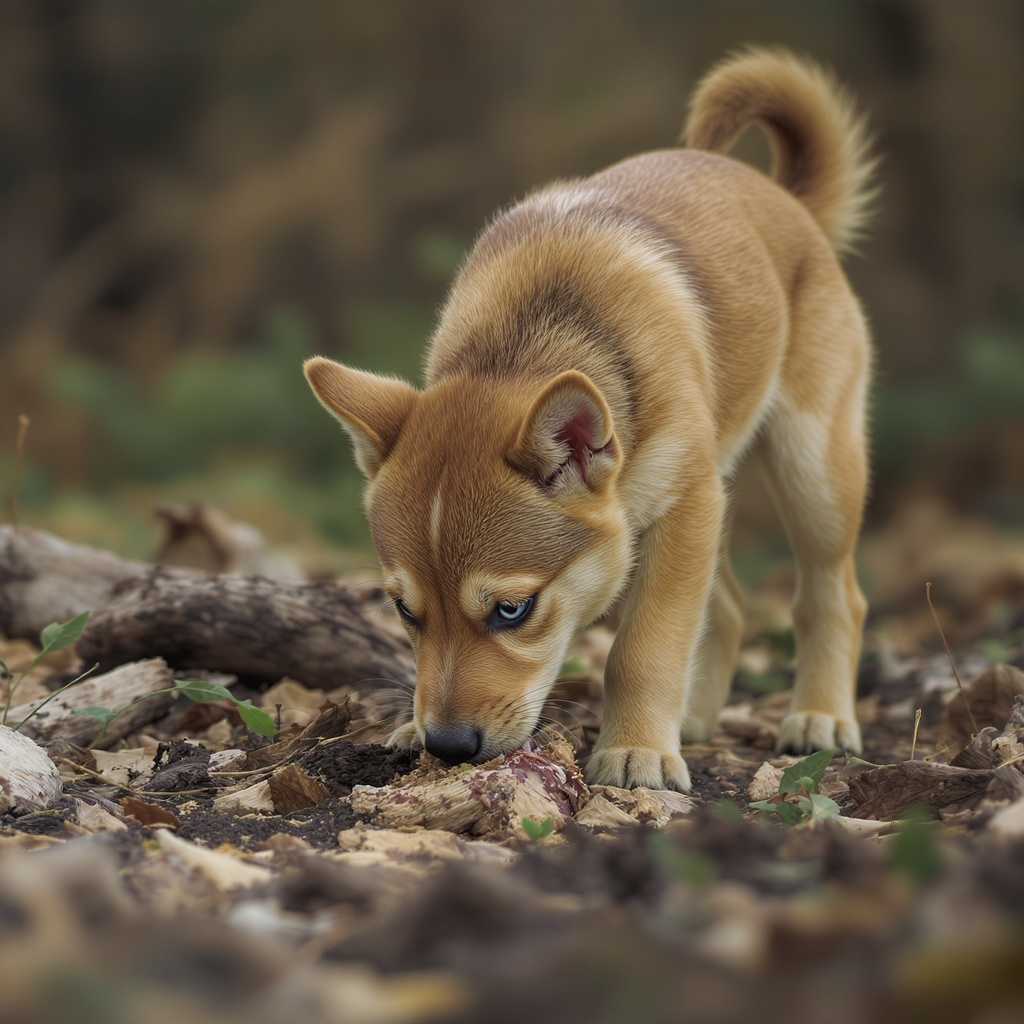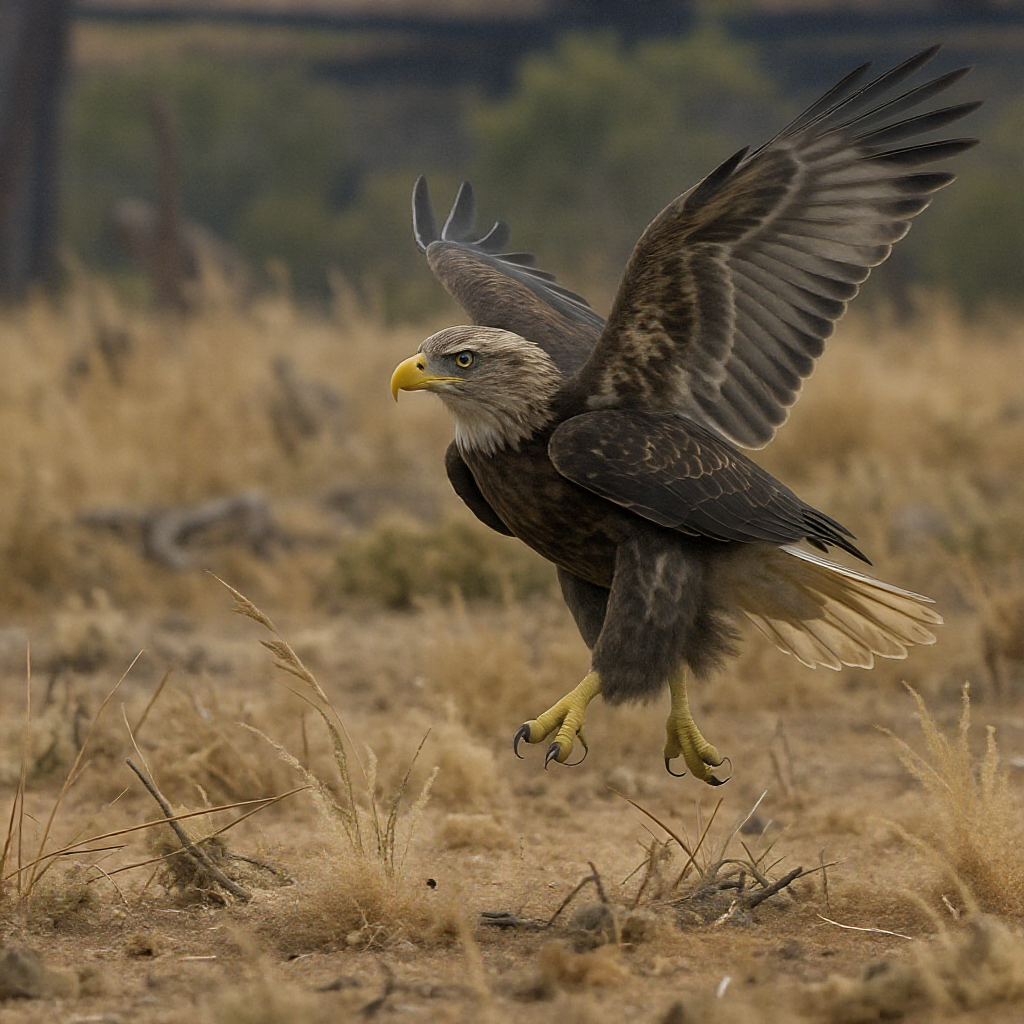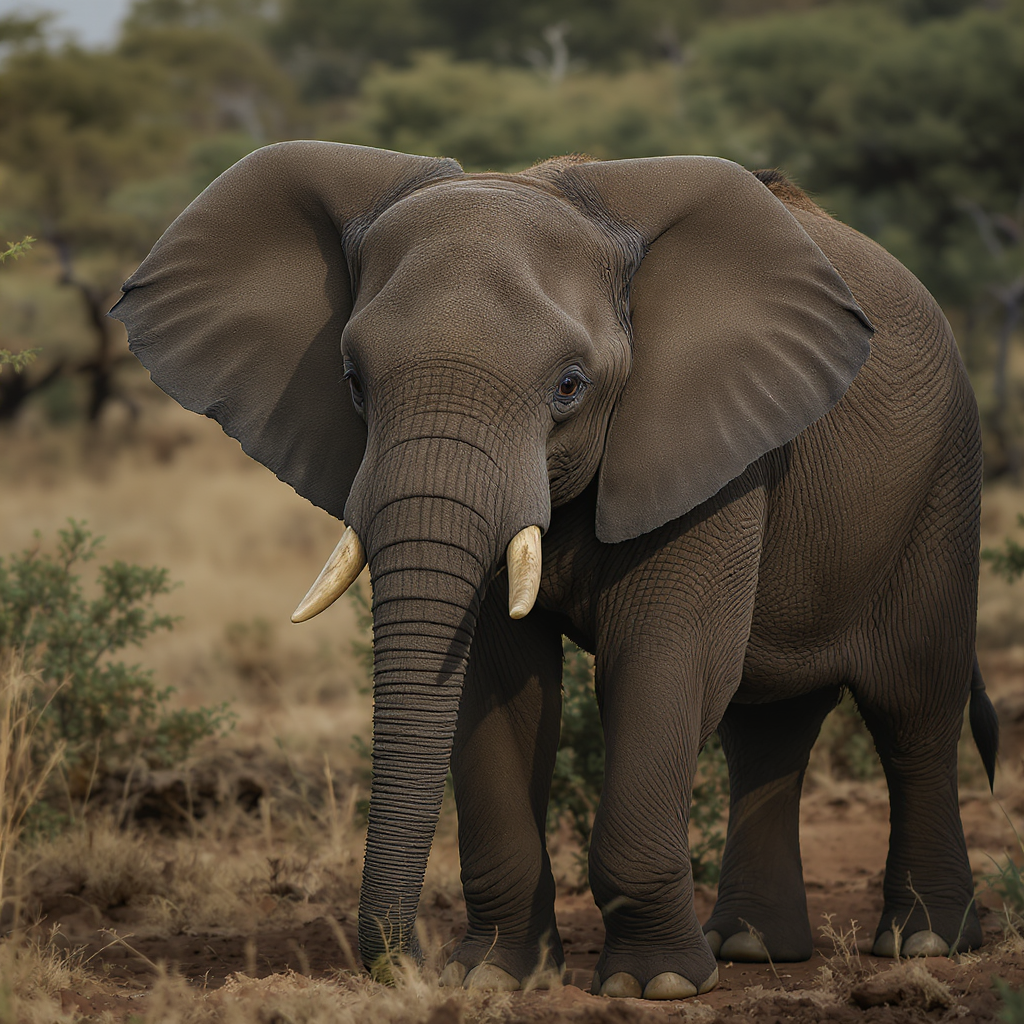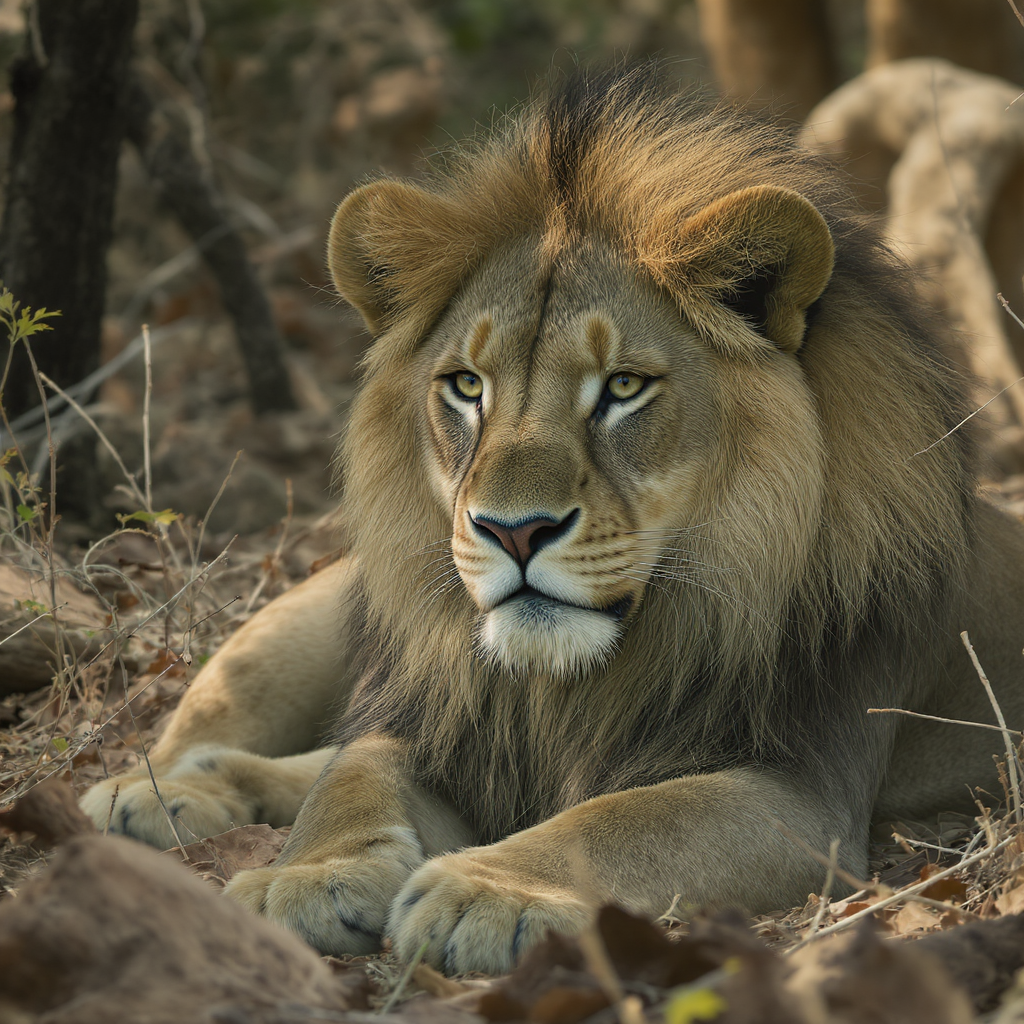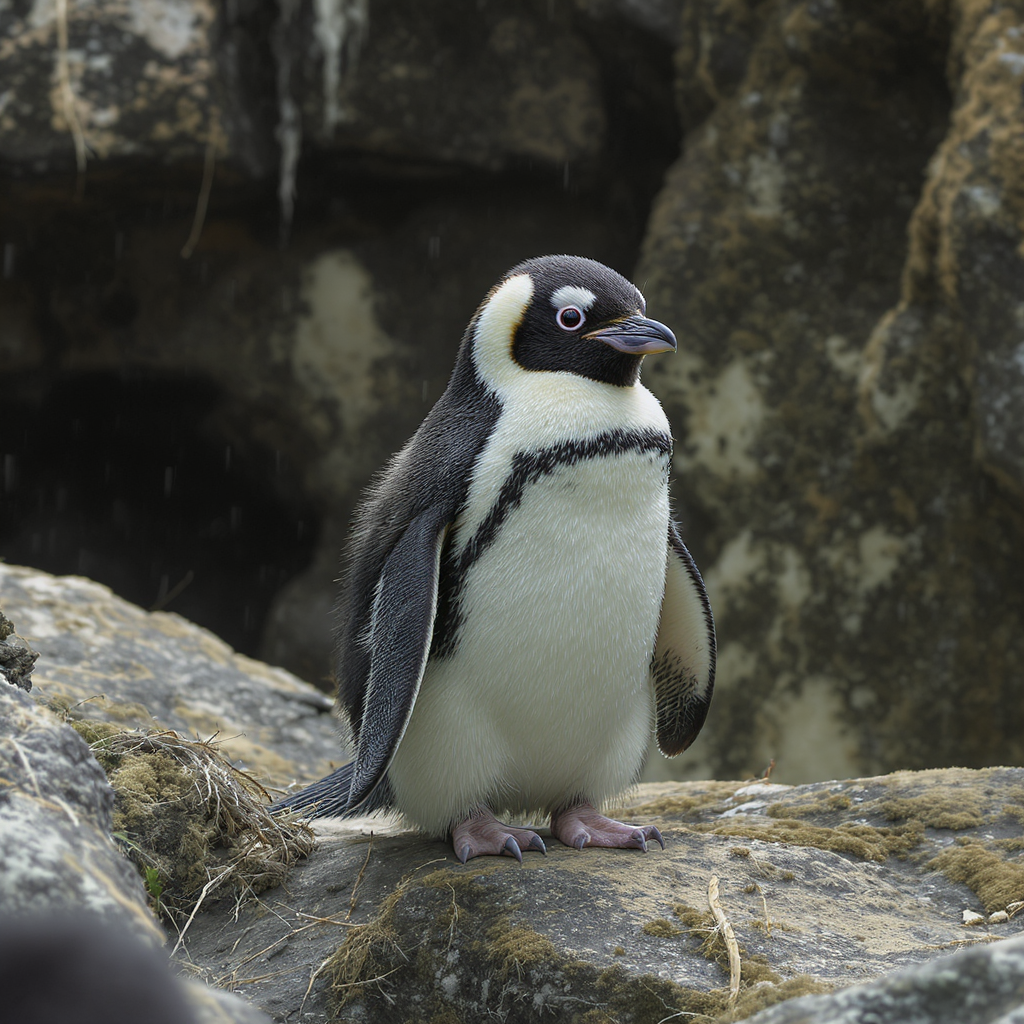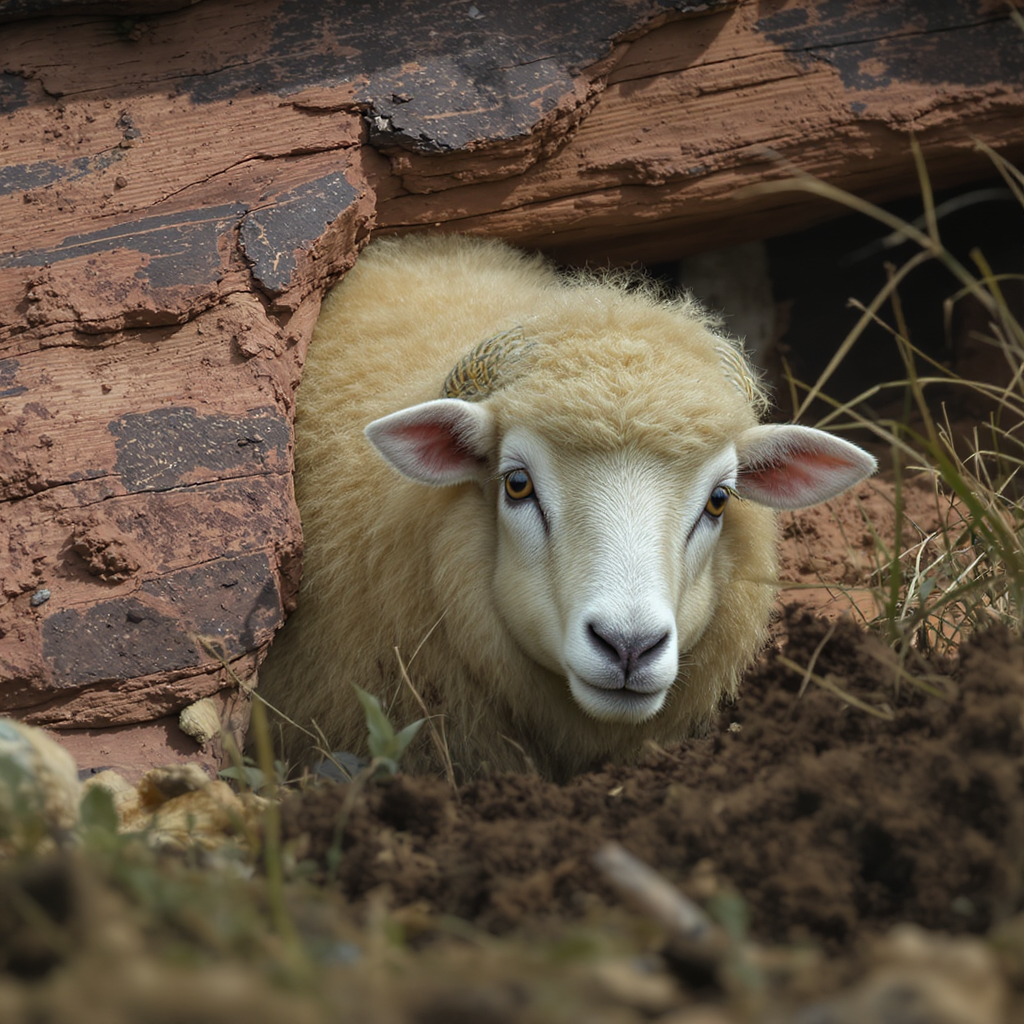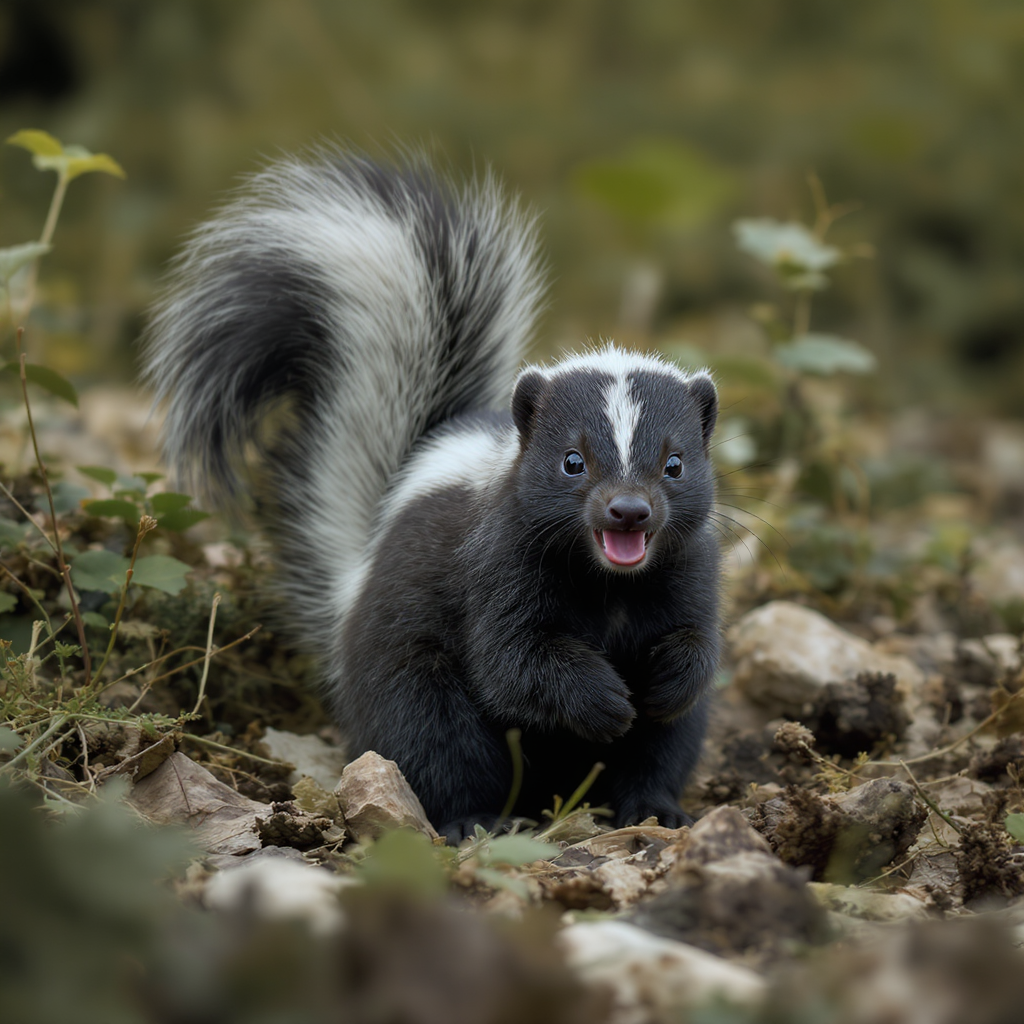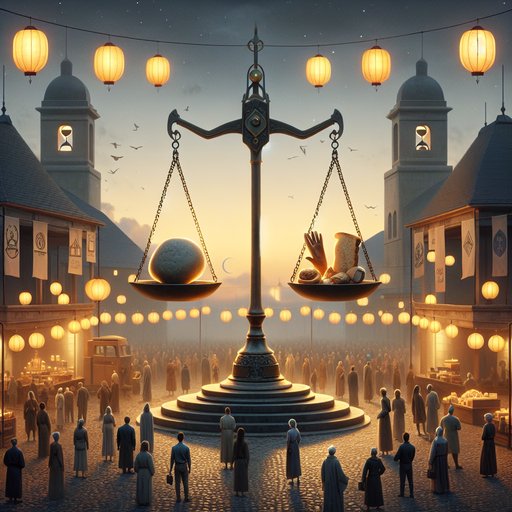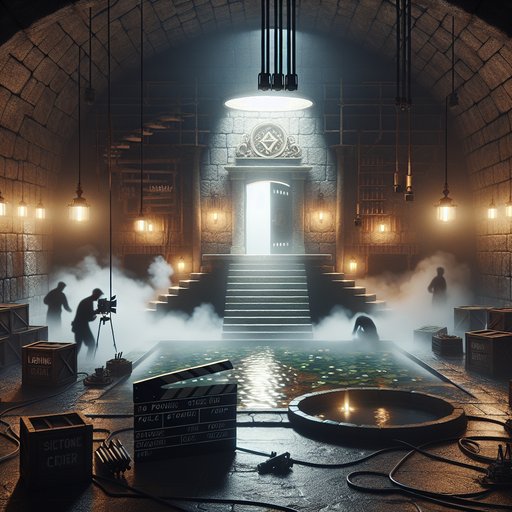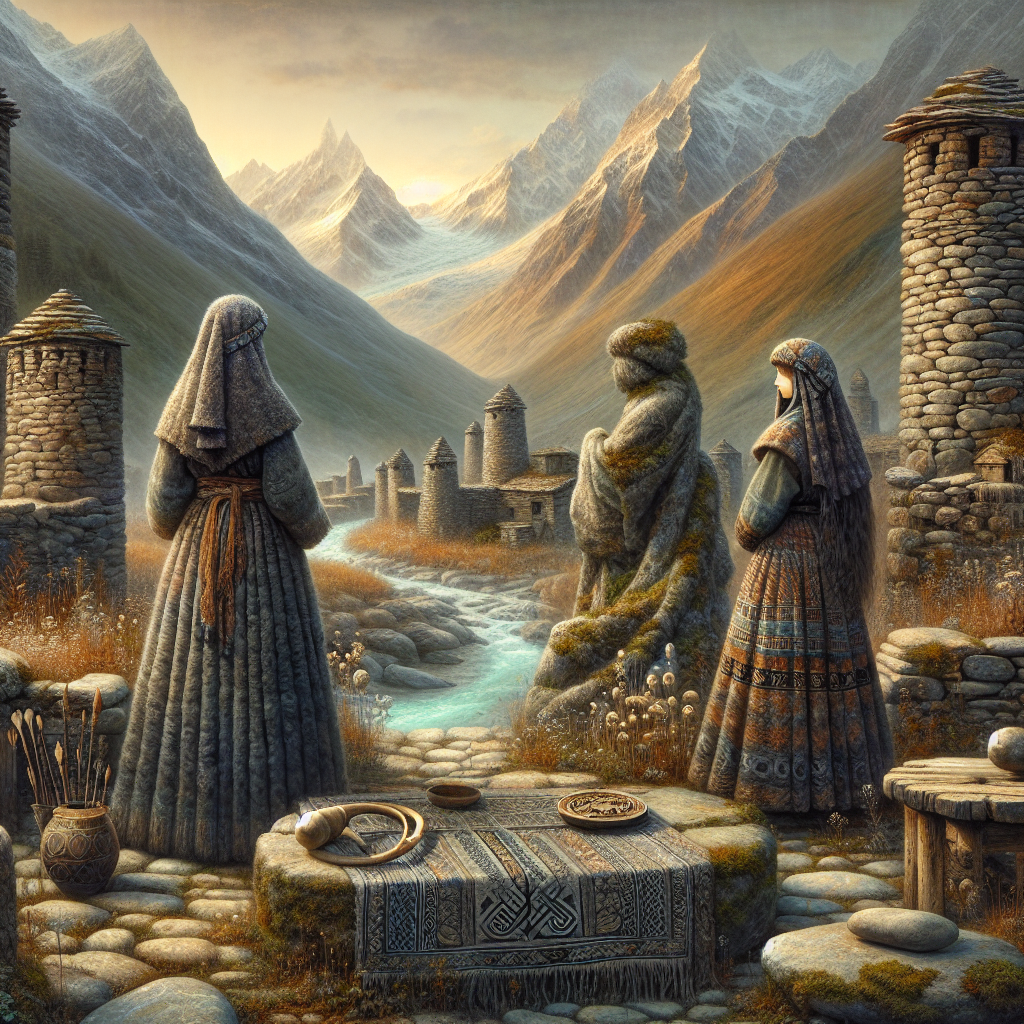
At first light in Ushguli, Barbra resolves to restart her search when the shadowy figure in gray wool reveals herself as Khatuna, a keeper from one of the old clans. To Barbra’s surprise, Khatuna admits she left the anonymous warning and offers help, explaining that Barbra misread the clues: the “needle’s eye” is an alignment of tower arrow slits, the “split mouth” is a cleft boulder above the Enguri, and Queen Tamar’s “short shadow” means noon at the village statue. Together they wait for the sun to shorten the statue’s shadow, then use it to sight a tower pair and align their loopholes to frame the cleft boulder. Scrambling across the meadow and moraine, they find a moss-hidden brass ring and a sigil slot that accepts Barbra’s wooden token, revealing a warm-aired passage. Inside, a stone table and woven panel match Barbra’s sash fragment; the pattern is a code mapping towers to tones, proving the towers are tuned wind instruments that open vents when a specific chord sounds. Khatuna shares her clan’s burden of secrecy while Barbra promises integrity. Using a bone whistle to test airflow, they trigger a deeper gate and glimpse an under-glacier route that could bypass the ice-choked fissure. As the wind falters and the mechanism threatens to seal, footsteps sound above—others have followed—forcing Barbra and Khatuna to choose between retreating into danger or confronting whoever has arrived.
Barbra woke before the stove’s embers breathed their last, the room thin with cold and the towers outside a black forest of stone. In the washbasin’s rippled water she caught the ghost of her face and the freckles she always wished would fade, freckles her grandparents had called "moth-kisses" when she was small and aching. She dressed the way she always did when she meant business—tight jeans, a slate tank top, blue-and-white Asics—and shrugged into the creased black leather jacket that had already tasted Svanetian rain. Her pack swallowed the map, the wooden token, and the brittle scrap she’d found under the bridge, along with a headlamp and a coil of cord.
When she lifted the latch, movement flickered at the edge of the guesthouse yard: the gray-wool figure she’d seen last night, blurred by mist and the first pale chalk of dawn. She stepped out into air that smelled of smoke and tussock, and the figure stepped in from the lane, lifting both hands as if approaching a horse. Up close, Barbra saw a woman with weather-bitten cheeks and storm-dark eyes, her hair braided and tucked under a felt hood. "Khatuna," she said, the name heavy with consonants, as if testing whether Barbra would flinch.
"I left the warning. They told me to turn you back, but you’re listening with clean ears. If you keep your word, I’ll keep you from the dead ends the old families set for thieves." Khatuna pulled from her pocket a woven edge nearly twin to Barbra’s sash fragment, the same sigil knotted in indigo and rust, a family echo in thread. Barbra felt the old prickle of suspicion, the self-reliance learned after a childhood of closing her own doors and rubbing her own bruises, and then something gentler under it—relief.
"Then help me read what I keep misreading," she said, and handed over the map with its firmly inked lines and the sigil’s looped geometry. Khatuna traced the riddle with a dry finger. "Your Needle’s Eye is not a bridge arch. It is when one arrow slit looks through another.
And the split mouth is that cleft tooth of rock above the Enguri—two lips of granite with a gap between. As for Queen Tamar’s short shadow, you must be where her stone watches at noon." She tapped where the map’s north mark hid a tiny cross, not to the church itself but to the statue that stared toward the glaciers with a woman’s unsmiling certainty. They moved through the waking village while smoke began to lift from vents and roosters stitched sound through alleys. Mzia opened her door as they passed, her shawl wrinkled, her eyes assessing, and made a sign Barbra couldn’t read; she did not call them back.
Levan caught up at the bend, breath blooming white, worry tucked into his grin, and asked to come. Barbra shook her head, fingers finding his wrist just long enough to squeeze, a bright, fast warmth she recognized and refused to name, because the thing that called her here had nothing to do with speed. The towers loomed above them like an audience that might boo or clap depending on how well the players kept the old script. The statue of Queen Tamar stood on a rise like a thought carved into certainty, skirt in stone folds, face set against the teeth of the mountains.
Khatuna unwound a length of twine and a little weight from her pocket—practical theology instead of liturgy—and taught the twine to kiss the statue’s toes, measuring how long the shadow bit at the earth. "When it is shortest, we follow the line," she said, tying a knot to mark the moment it would be. They waited while the sun shook off its haze, Barbra shifting from foot to foot and then surrendering to stillness the way her grandparents had taught her under different skies: patience is a kind of tool, like a key you can’t see. Somewhere a chorus of women began a low, layered song, and as if called by it the first hints of the towers’ hum slipped into the air like bees.
At the hour when the shadow grew stump-short, Khatuna aligned the twine with the direction of its last reach. It pointed down the slope to a tower with a wooden balcony weathered the color of old walnuts. Inside, the tower was cool and smelled faintly of wax and iron; the stair was steep, made for small, quick feet long gone. Khatuna pressed her eye to a slit window, then stepped aside, guiding Barbra’s shoulders so she could peer through the narrow rectangle to another slit in the facing tower.
All at once the two windows nested, a long needle threading the line of sight, and beyond the slot the cleft boulder yawned with its two granite lips parted, the split mouth exactly where the riddle whispered it would be. A glint perched just above the cleft—a brass ring, tiny and wet with morning. They scrambled down and crossed the meadow where the frost burned off the grass in white breath, then up a slope that shifted underfoot with loose moraine stones. The hum of the towers deepened and lightened in little eddies, as if the valley itself was breathing.
At the boulder the ring was half-swallowed by moss slick with spray, nearly invisible unless you were looking through the eye the ancestors had designed you to use. Water chattered somewhere under stone, and a pale lichen made a delicate map across the boulder’s cheek. Barbra brushed away moss, fingers numb and tingling, and felt the shallow carved groove beneath: the same looping sigil, cut clean centuries ago. The wooden token slid into a notch beside the ring and settled with a homecoming click.
"Two hands," Khatuna said, her own small, hard hand tightening on the ring while Barbra braced the token with her thumb. They pulled together; the stone groaned, old breath finding new throat, and a seam opened that Barbra would have sworn had never been a door. Warm air exhaled from below as if from a winter barn, scented with dust and stale beeswax, and the hum around them caught on the opening like silk snaring on a nail. A puff of mist drifted up that tasted faintly of iron.
Khatuna’s eyes shone—not with triumph but with the brittle relief of something hoped for and feared in equal measure. "This one hasn’t moved since my grandmother’s day," she said, a tremor of pride and worry crossing like shadows. Inside, the stair was rock bitten into by chisels and time, just wide enough to descend shoulder-first. Someone had bolted iron to the walls in ribs that carried a narrow shelf where the occasional candle stub had died in pale drips.
At the bottom a small chamber opened, no bigger than a shepherd’s pen, and in it a stone table, its top incised with a map of lines that first looked like rivers and then like music. On the far wall hung a woven panel, the sigil repeating in variations like themes in a song, and when Barbra took out her sash fragment and held it against it, its frayed edge nested into a missing corner with a satisfying, almost aching rightness. She could see the towers in the weave now—not literally, but as clusters of nodes, knotted intervals hinting at chords and rests across the valley. "We tune them with slits and galleries," Khatuna said softly, as if in a church.
"The wind plays them when the earth and weather agree. When it sings the right chord, the vents open—bridge, boulder, sometimes farther." She drew from her pocket a tiny bone whistle and blew, the note soft enough to be a secret told to a palm. In the distance, as if the valley had leaned an ear closer, the hum shifted; an answering vibration trembled through the floor, and at the back of the chamber a slab sighed and edged inward, revealing a blacker dark. Barbra could feel cool damp dredged from something deep and icy, but this draft rode on a current that wasn’t frozen—the promise of a path under the glacier that might bypass the fissure choked shut.
She thought of her glass cabinet at home and the way light lay across old brass and carved wood, and told herself: you will not take anything that isn’t given. Khatuna turned to her, the set of her jaw an old inheritance. "You see why we shut doors when strangers sniff," she said. "Raids, then Soviets, then men who arrive with ground-penetrating toys and take whatever isn’t nailed down or blessed.
We kept this quiet because quiet is how you keep a thing alive." Barbra met her gaze and let her voice be plain. "I’m here to understand, not to sell," she said. "If I take anything, it will be the story of how the towers sing, and even that only as you permit." The words felt like an oath she could keep. Above them, light dimmed—a cloud, or the breath of the valley shifting—and the hum thinned, the chord unwinding.
The slab at the back began to slow in its opening, then stutter, then creep as if deciding to change its mind. Footsteps scraped faintly above, accompanied by a cough and a murmur in Svan that made Khatuna stiffen, her hand recalling the nervous habit of making the sign her grandmother had made. "They followed," she whispered, eyes on the stair where a ribbon of light frayed the dark. The draft from the new passage touched their ankles, urgent and cool, and the old door behind them shivered, considering closing again.
Barbra tightened her pack straps, watched Khatuna’s silhouette cut against the dim, and felt the familiar quickening that came when a decision chose her instead of the other way around. Do they take the opening into the black throat of the glacier and risk being sealed in, or turn to face whoever is coming down the stairs?
